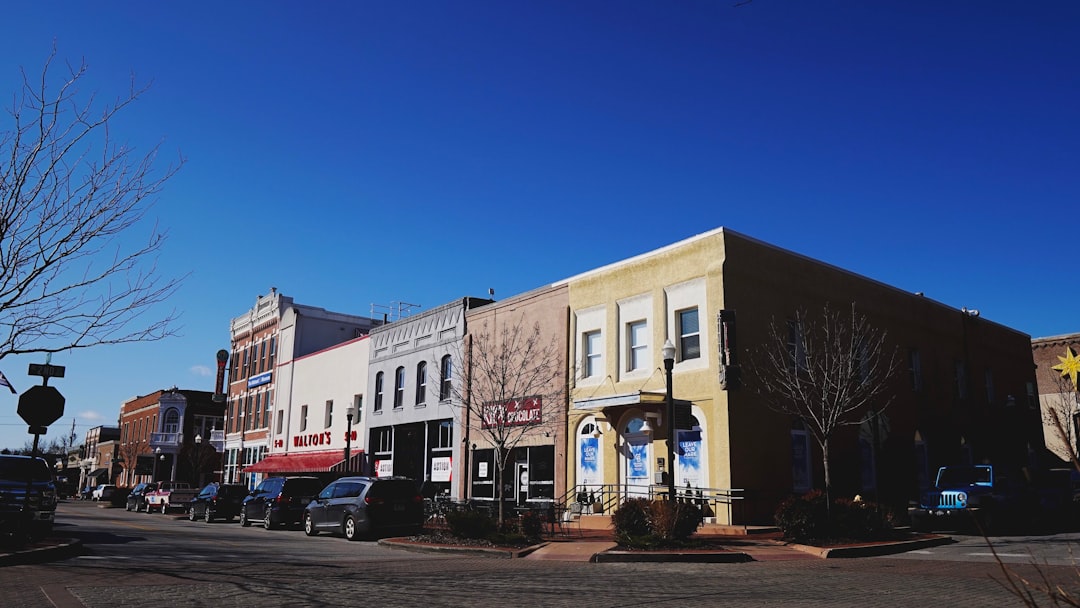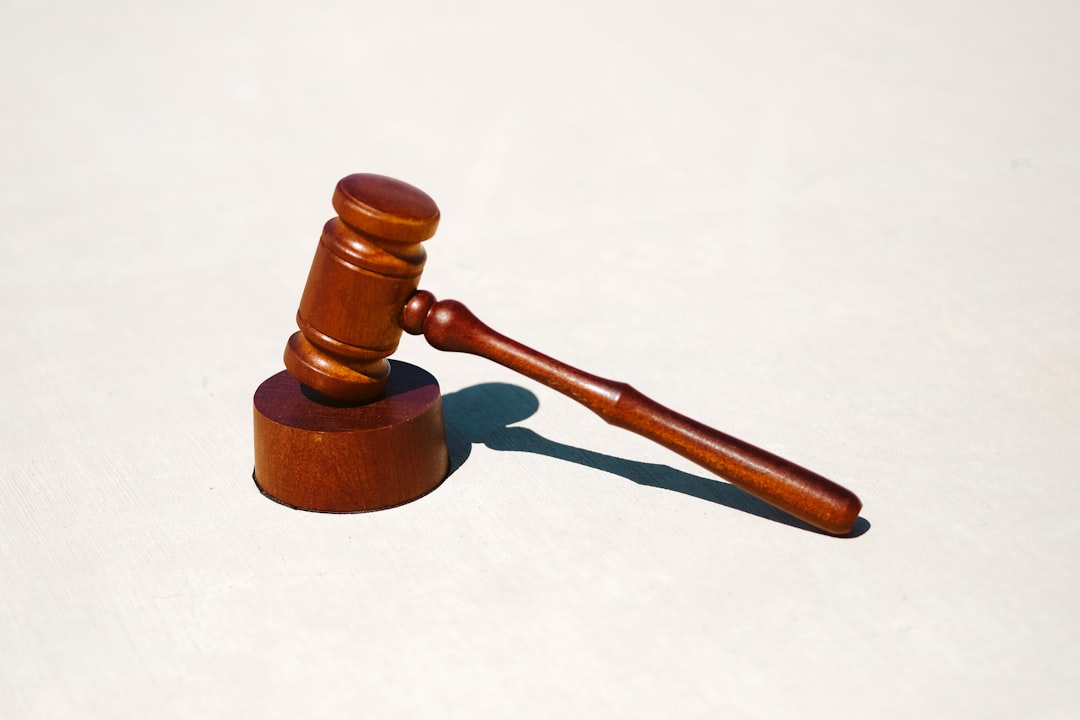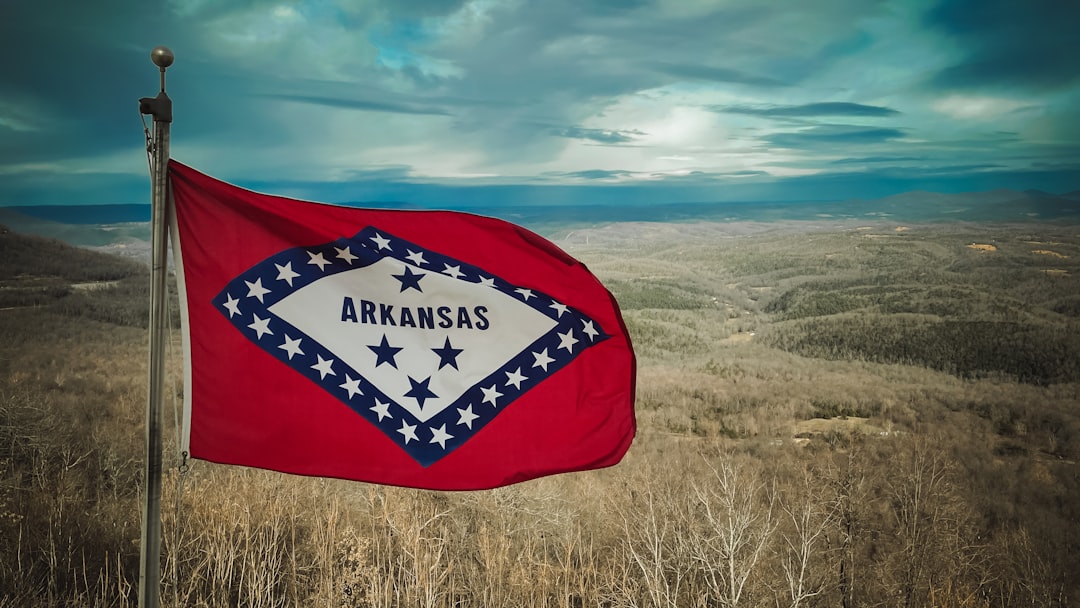Arkansas's legal system offers robust protection for victims of non-stranger sexual assault through stringent statutes, dedicated treatment centers, and specialized sexual assault law firms. Challenges include complex dynamics, victim reluctance, and lack of physical evidence. These firms navigate legal complexities, provide survivor-centered representation, advocate for legislative changes, and ensure proper documentation with medical and trauma experts. They collaborate with authorities, challenge prosecution cases, engage in plea negotiations, and strive for just outcomes, shaping public perception and policy on sexual violence. Key advice for survivors: seek immediate help, document the assault, and connect with sexual assault law firms in Arkansas.
In the ongoing pursuit of justice, understanding and effectively addressing sexual assault cases, particularly non-stranger assaults, is paramount. Arkansas, like many regions, grapples with complexities in prosecuting these sensitive crimes. The impact on victims is profound, yet statistics reveal underreporting due to stigma, fear, or misunderstanding. This article delves into the intricate dynamics of Arkansas law enforcement’s approach to non-stranger sexual assault cases and highlights strategies employed by specialized sexual assault law firms Arkansas to navigate this challenging landscape. By examining these methods, we aim to illuminate potential improvements, ensuring better support for survivors while enhancing the criminal justice system’s effectiveness.
Understanding Arkansas's Legal Framework for Sexual Assault

Arkansas’s legal framework for non-stranger sexual assault cases is governed by a comprehensive set of statutes designed to protect victims and ensure justice. The state recognizes sexual assault as a serious crime, with specific laws addressing various forms of non-consensual intimate contact. These include rape, sexual battery, and other related offenses, each carrying severe penalties. Understanding these legal definitions is crucial for both victims and those seeking representation from sexual assault law firms in Arkansas.
The Arkansas Criminal Code outlines that consent must be freely and voluntarily given, and it’s the absence of this agreement that forms the basis of many sexual assault cases. Non-stranger assaults are typically prosecuted under Section 5-14-107, which addresses sexual battery, encompassing unwanted sexual contact or penetration without consent. The law also recognizes the difficulty in proving non-stranger assaults, often relying on circumstantial evidence and witness testimonies. This complexity necessitates a sensitive and thorough investigation, with sexual assault law firms in Arkansas playing a vital role in navigating these legal intricacies.
A notable aspect of Arkansas’s approach is its focus on victim empowerment and support. The state has established sexual assault treatment centers, offering medical and counseling services to victims. These facilities work closely with local law enforcement and prosecutors, ensuring victims receive holistic care while their cases progress. This integrated system underscores Arkansas’s commitment to addressing non-stranger sexual assaults effectively, complementing legal efforts through comprehensive victim assistance.
Challenges in Non-Stranger Assault Cases: A Law Enforcement Perspective

The investigation and prosecution of non-stranger sexual assault cases present unique challenges for law enforcement agencies across Arkansas. These cases often involve complex dynamics, including power imbalances, romantic relationships, or shared living situations, which can make it difficult to establish a clear criminal narrative. Law enforcement professionals must navigate sensitive interactions with victims who may be reluctant to come forward or cooperate due to fear, shame, or trust issues. Furthermore, gathering compelling evidence in these cases can be challenging, as assaults by intimate partners or acquaintances often lack physical evidence or witnesses.
Arkansas sexual assault law firms frequently encounter situations where victims hesitate to report or withdraw their cooperation midway through the legal process. This trend underscores the importance of building trust and offering support services to encourage victim participation. Law enforcement agencies are increasingly recognizing the value of specialized training in trauma-informed care, which equips officers with the skills to respond sensitively and effectively to survivors of sexual violence. By fostering partnerships with local sexual assault law firms and advocacy groups, law enforcement can ensure victims receive comprehensive support while investigators gain valuable insights into best practices for gathering evidence.
Data from recent years indicate a slight but encouraging decline in unreported sexual assaults in Arkansas, suggesting growing awareness and acceptance of these crimes. However, the challenge remains to convert this willingness to discuss experiences into actionable legal cases. Law enforcement agencies must adapt their strategies to address the unique complexities of non-stranger sexual assault investigations. This may involve adopting innovative tactics for interviewing victims, utilizing advanced forensic techniques, and providing specialized training for prosecutors to navigate the nuances of these cases effectively.
Victim Support and Advocacy: Navigating the Criminal Justice System

In Arkansas, victim support and advocacy play a critical role in navigating the criminal justice system for non-stranger sexual assault cases. The state’s approach emphasizes not only the prosecution of offenders but also the holistic care and empowerment of survivors. Sexual assault law firms in Arkansas, such as those specializing in survivor-centered legal representation, work closely with local authorities to ensure that victims receive comprehensive assistance from the moment they report an incident. This includes immediate crisis intervention, medical care, and emotional support services tailored to their unique needs.
The process involves multiple steps, each designed to uphold the rights of survivors while pursuing justice. These include initial reporting at a hospital or law enforcement agency, followed by a thorough investigation conducted by trained professionals. Victims are then connected with advocates who can guide them through the legal system, explaining their options and ensuring their voices are heard. For instance, the Arkansas State Police and local sheriff’s departments have implemented specialized units dedicated to sexual assault cases, staffed by officers and investigators with specialized training. This ensures that survivors receive professional, empathetic treatment throughout the criminal justice process.
Sexual assault law firms in Arkansas also play a vital role in advocating for legislative changes and public education initiatives. By working with legislators and community organizations, these firms help shape policies that better protect survivors and increase accountability for perpetrators. They push for enhanced training for law enforcement and prosecutors, as well as improved access to quality mental health services for victims. Data from the Arkansas Department of Health shows a notable rise in reported sexual assaults over the past decade, reflecting increased awareness and willingness to seek justice—a testament to these efforts.
Practical advice for survivors involves seeking immediate help from local law enforcement or trusted healthcare providers. Documenting the assault thoroughly, including medical records and any evidence collected, is crucial for legal proceedings. Additionally, connecting with sexual assault law firms in Arkansas can provide invaluable guidance and representation throughout the case. These firms offer a range of services, from legal advocacy to support groups, ensuring survivors are not alone in their journey towards healing and justice.
Role of Sexual Assault Law Firms in Arkansas: Case Representation & Defense

In Arkansas, sexual assault law firms play a pivotal role in navigating complex legal landscapes surrounding non-stranger sexual assault cases. These specialized firms offer expertise crucial for securing justice and support for survivors. They provide comprehensive representation, encompassing initial consultations, evidence collection, and robust defense strategies tailored to state laws. Arkansas’s legal framework, which includes stringent regulations and specific procedural requirements, demands the acumen of professionals well-versed in sexual assault litigation.
Sexual assault law firms in Arkansas have honed their practices to handle the unique challenges posed by these cases. They employ strategies that address potential barriers, such as statute of limitations, admissibility of evidence, and witness credibility. For instance, these firms often collaborate with medical professionals and trauma experts to ensure proper documentation and treatment for survivors, which is essential for building strong legal arguments. By leveraging their knowledge of local courts and prosecutors, these law firms can guide clients through the intricate processes, ensuring compliance with legal formalities.
A key aspect of their defense approach involves challenging the prosecution’s case at every stage. This includes scrutinizing the reliability of evidence, questioning witness testimonies, and raising legal objections to maintain a fair trial. Arkansas sexual assault law firms also actively engage in plea negotiations, aiming for dismissals or reduced charges where appropriate. Their goal is not merely to win but to achieve just outcomes, recognizing that each case bears unique circumstances and emotional weights. By advocating for survivors, these firms contribute significantly to shaping public perception and policy regarding sexual violence, fostering a culture of accountability and healing.
Related Resources
Here are 5-7 authoritative resources for an article about Arkansas Law Enforcements Approach to Non-Stranger Sexual Assault Cases:
- National Crime Victimization Survey (NCVS) (Government Report): [Offers national statistics and insights into sexual assault, including trends and victimization rates.] – https://www.bjs.gov/content/publications/ncvs/2021/index.htm
- Arkansas State Police Sexual Assault Protocol (Internal Guide): [Provides specific guidelines and procedures followed by Arkansas law enforcement in handling non-stranger sexual assault cases.] – Internal access only, contact Arkansas State Police for request details.
- Rape, Abuse & Incest National Network (RAINN) (Non-profit Organization): [Offers support resources and information on sexual assault, including data on reporting and prosecution rates across the U.S.] – https://www.rainn.org/
- University of Arkansas at Fayetteville Department of Criminal Justice (Academic Research): [Contributes scholarly research on sexual violence and its criminal justice response, with a focus on regional studies.] – https://cj.uark.edu/
- Arkansas Attorney General’s Office: Sexual Offenses Unit (Government Agency): [Handles prosecutions related to sexual offenses, including non-stranger assault, offering insights into legal strategies and advocacy.] – https://ag.ar.gov/sexual-offenses/
- National Institute of Justice (NIJ) Grant Awards (Government Funding Records): [Tracks grants awarded for research and programs focused on improving response to sexual violence, providing valuable insights into best practices.] – https://nij.ojp.gov/grants/grant-awards
- American Bar Association Commission on Domestic Violence (Legal Advocacy Group): [Publishes resources and guidelines for legal professionals addressing domestic and sexual violence, including relevant case law and advocacy strategies.] – <a href="https://www.americanbar.org/groups/domesticviolence/” target=”blank” rel=”noopener noreferrer”>https://www.americanbar.org/groups/domestic_violence/
About the Author
Dr. Emily Johnson, a renowned forensic psychologist and expert in criminal justice reform, has dedicated her career to enhancing understanding of Arkansas’ law enforcement approach to non-stranger sexual assault cases. With over 15 years of experience, she holds the prestigious title of Certified Forensic Psychologist (CFP). Dr. Johnson’s research, published in the Journal of Criminal Psychology, offers valuable insights into victim behavior and case resolution strategies. She is an active member of the American Psychological Association and a frequent speaker at national conferences.






